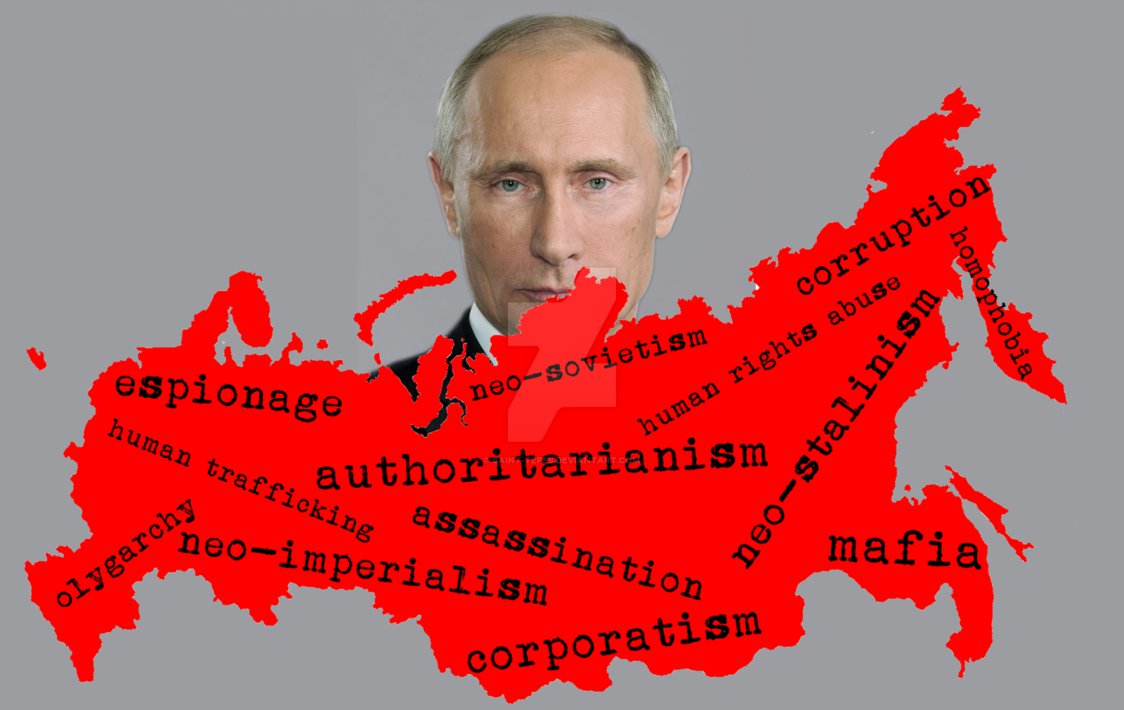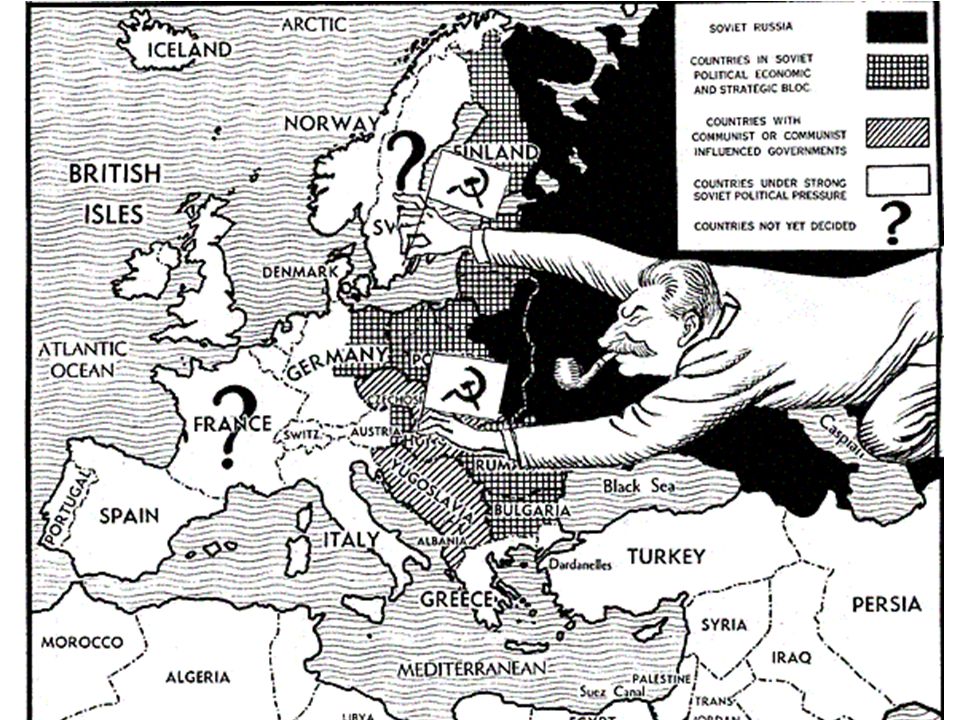For more than 200 years, Russian leaders were inspired by the idea that their country could “catch up and surpass the West.” But now that it is clear that this is impossible under that country’s current regime, Vladimir Putin can only spread and exploit chaos abroad in the hopes of bringing the West down to its level, according to Igor Yakovenko.
The first Russian ruler to talk about “catching up” with the West was Peter the Great, but it soon became a dominant theme in Russian political discourse, the Moscow commentator says, with Soviet leaders routinely promising that they would achieve that goal eventually or even, in the case of Nikita Khrushchev, quite soon.
But the Soviet people reacted to his promises by joking that their country might catch up with the West but it must never “surpass” it lest the USSR’s backside become all too visible to everyone, Yakovenko recalls. Despite that, the old notion continued to inform Russian thinking during perestroika and after 1991.
There was one change, he continues. The second verb in the term was dropped, “and all liberal economists from Gaidar to Yavlinsky began to speak about the conception of catch up development.” And that was followed by a second, now long forgotten: Russians began to speak not about catching up but about “transit” -- and defining it qualitatively not quantitatively.
With the disappearance of even this limited goal, Putin has drawn on a comic-book notion of Eurasianism
, one that reflects “the complete lack of his own positive program of development” and puts in its place “a broad negative [one]” at home and abroad. And that has resulted in “the inevitable shift” in his policies toward “the criminal.”
And the three most important of these “rule changes” are the following:
- First, Putin has dispensed with the very notion of truth itself. He and his supporters love to talk about the world having moved into a “post-fact” stage, one in which Putin and his regime constantly lie to a point that is not only quantitatively different than that of other leaders who also lie on occasion but qualitatively too.
- Second, Putin has done away with law inside the country and ignores international law abroad, opening the way for him to claim the right to say and do whatever he pleases against those who are weaker than he and to try to intimidate those who are still stronger into falling in line with him.
- And third, he has made the exploitation of the divisions of others and the spread of chaos his chief goal. Lacking, in contrast to Soviet leaders, his own ideology or any serious plans for a future for other countries, the Putin regime has “chosen the tactic of the crocodile, lying at the bottom” and waiting for his victims to make a mistake.
Anywhere in the world where there are tensions and divisions, Putin’s appearance is “guaranteed.” He will do whatever it takes to exacerbate these tensions, sending in provocateurs, hacking computer systems, or threatening or actually using weapons. There is nothing he will not do to weaken others.
“To put Armenia and Azerbaijan at each other’s throats, to support the collapse of the European Union, to set the Russian-speaking population of the post-Soviet (and not only those!) against the local authorities, and to get involved in the Syrian conflict to drive it to a complete dead end” are all expressions of this tactic, Yakovenko says.
Today, in fact, “there is no one to equal Putin in mastering the use of provocations.” And “the generation of chaos, distrust and unfreedom is the main government business of Russia of the times of Vladimir Putin,” something for which world leaders were unprepared and still haven’t found a way to respond.
Unless they do, he concludes, Russia and the world face very dark days ahead.
Related:
- Russian involvement in Ukraine's Donbas "republics": 10 things you should know
- What Putin is doing is "hooliganism" at the state level, not struggle for spheres of influence, Portnikov says
- Khrushchev gave us 'sputnik,' Gorbachev 'perestroika,' and Putin ... 'kompromat'
- 'Kompromat' is powerful regardless of whether it is true, Portnikov says
- Putin conducts his foreign policy like a special op, Melnikov says






